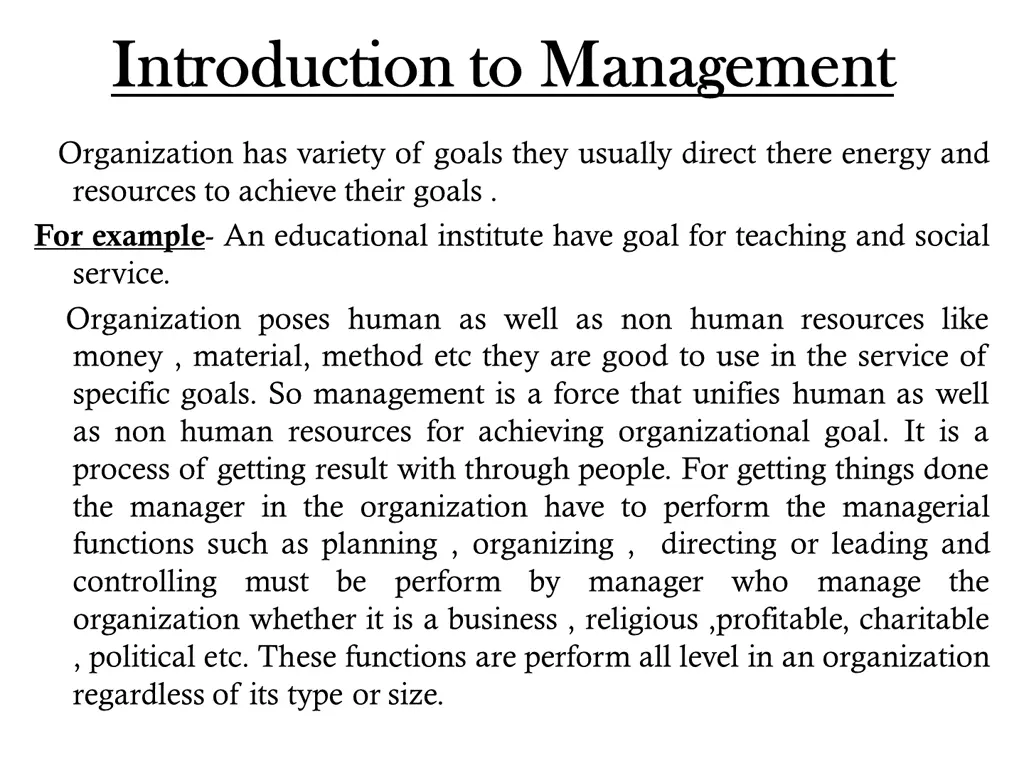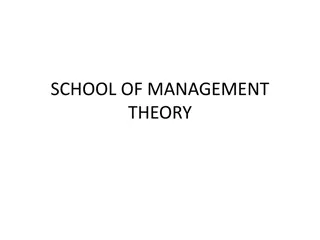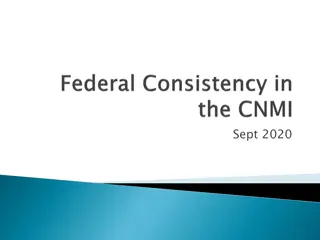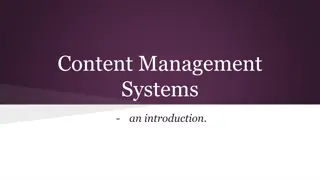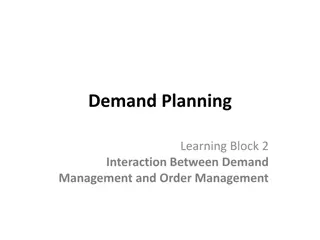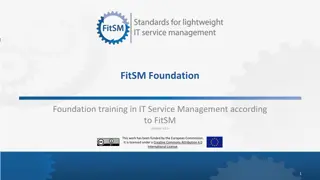Introduction to Management
Learn about the importance, definition, and scope of management in achieving organizational goals. Explore the various functions that managers perform and understand how effective management leads to optimal resource utilization and motivated employees. Discover how management contributes to sound industrial relations and the achievement of objectives.
- management
- organizational goals
- functions
- resource utilization
- motivated employees
- industrial relations
Download Presentation

Please find below an Image/Link to download the presentation.
The content on the website is provided AS IS for your information and personal use only. It may not be sold, licensed, or shared on other websites without obtaining consent from the author. Download presentation by click this link. If you encounter any issues during the download, it is possible that the publisher has removed the file from their server.
E N D
Presentation Transcript
Introduction Introduction to to Management Management Organization has variety of goals they usually direct there energy and resources to achieve their goals . For example- An educational institute have goal for teaching and social service. Organization poses human as well as non human resources like money , material, method etc they are good to use in the service of specific goals. So management is a force that unifies human as well as non human resources for achieving organizational goal. It is a process of getting result with through people. For getting things done the manager in the organization have to perform the managerial functions such as planning , organizing , directing or leading and controlling must be perform by manager who manage the organization whether it is a business , religious ,profitable, charitable , political etc. These functions are perform all level in an organization regardless of its type or size.
Meaning And Definition of Meaning And Definition of Management Management Management is a attainment of organizational goal in efficient and effective manner through planning and organizing , directing , leading or controlling organizational resources. Management is accomplishment of result through the efforts of other people. Management is the art of getting things done within through the people in formally organizing group. Management is a process of planning , organizing , directing and controlling to determine and accomplish the objectives by the use of people and resources. Management is a process by which manager create direct maintain and operate purposes through systematic , co- ordinate, co-operative human efforts. 1. 2. 3. 4. 5.
Scope of Management Scope of Management The scope of management is every wide , it may be understood as Management as an economic resources- Management is one of the factors of production along with land labor and capital. In modern organizations, the effective use of 5M s of management ( money, material, method , man- Power , machinery )depends to the great extent on quality of management. In other words, how effectively and economically, the 5M s are combined together to produce desired results. Management as a Process- Process means a course of action or proceeding. Management is the Process of planning , organization, leading and controlling all efforts Of the organization members and of using all other organizational Resources to achieve stated organizational goals. Management is social Process also because it concerned with people of inside and outside of Organization.
Management as a Discipline- Management is a distinct field of study with well defined concepts and principles. Management as system authority- Management is a rule making And rule enforcing body . It is tied together by a web of relationship between superior and subordinate. People are bound by authority relationship. Management is a class of elite- Management is a distinct class in society having its own ethical and value system . The managerial class has become very important in modern organizations owing to business success . All the managers from C.E.O. to first line supervisors are collectively addressed as Management .
Importance of Management Importance of Management According to Drucker, management is the dynamic life giving element in any organization . It is the activating force that gets Things done through people , without management , an Organization is merely a collection of man , machine , money And material. In the absence of management , the resources of production remains resources never become production . The importance of management could be understood from the following points. Optimum use of resources- Management helps the organization to optimally utilize its scare resources ( Human, physical and financial) by reducing the wastages of all kinds. It help in putting the resources to the best advantages with in the regulation set by organization its environment. Effective leadership and motivation- The activities of the organization become random based on hunch and intuition if the management of organization will not effective. Management enables employees to move cooperatively and achieve goals in a coordinated manner. Management enables employees to move cooperatively and achieve goals in a coordinated manner. Management create team work and motivates employees to work harder and better by providing necessary guidance , counseling and effective leadership. Establishes sound industrial relations- Management minimize industrial disputes and contribute to sound industrial relations by making coordination between workers union of same organization and other national labor organizations with management / owners. Management takes prompt action whenever workers express dissatisfaction over organizational rules, methods procedure and reward system. Achievement of objective- Management helps to effectively design the goals and frame plan , policies and strategies to achieve them efficiently. Environmental analysis- Management enables organization to analyze its internal as well as external environmental opportunity and business gains.
